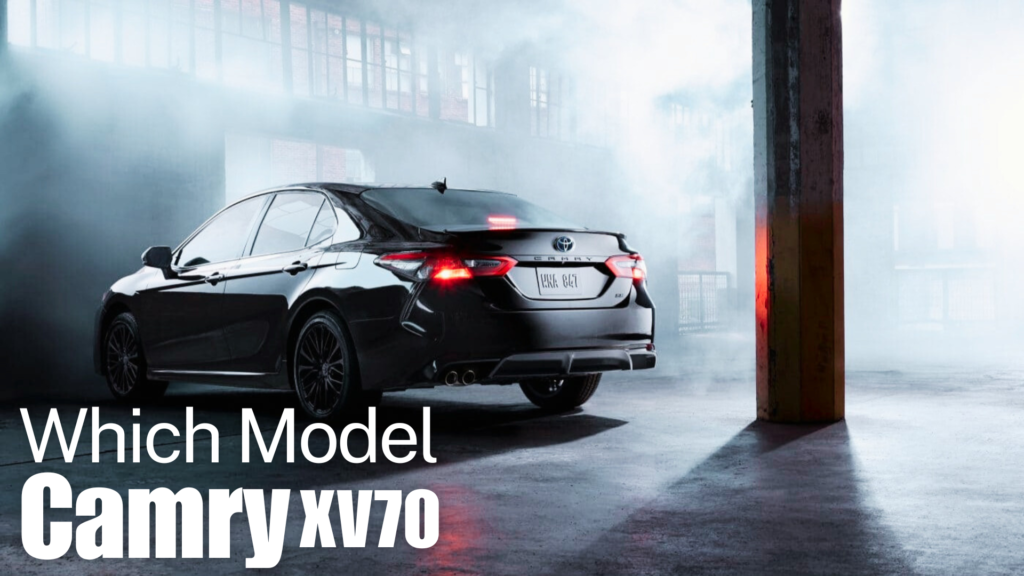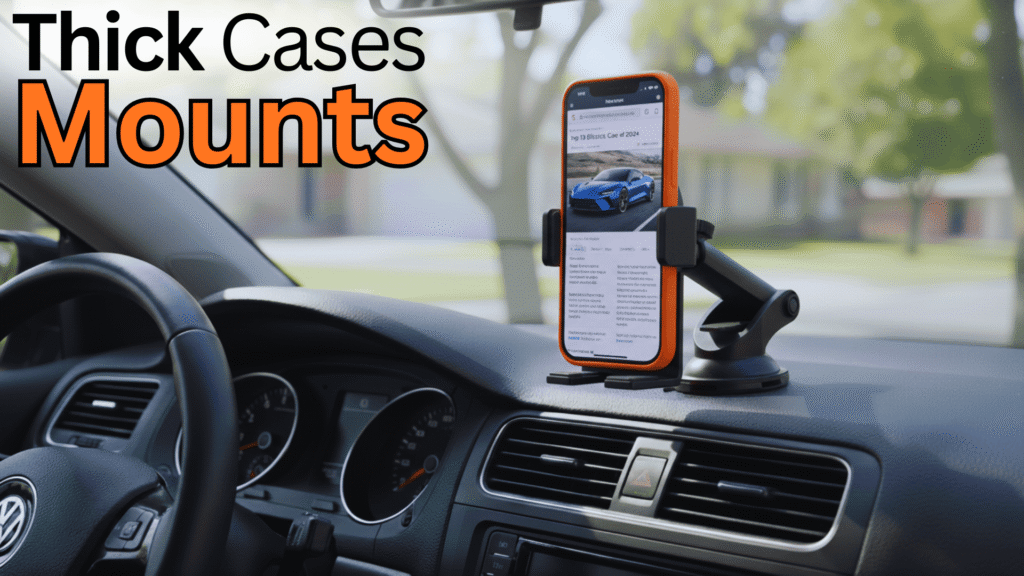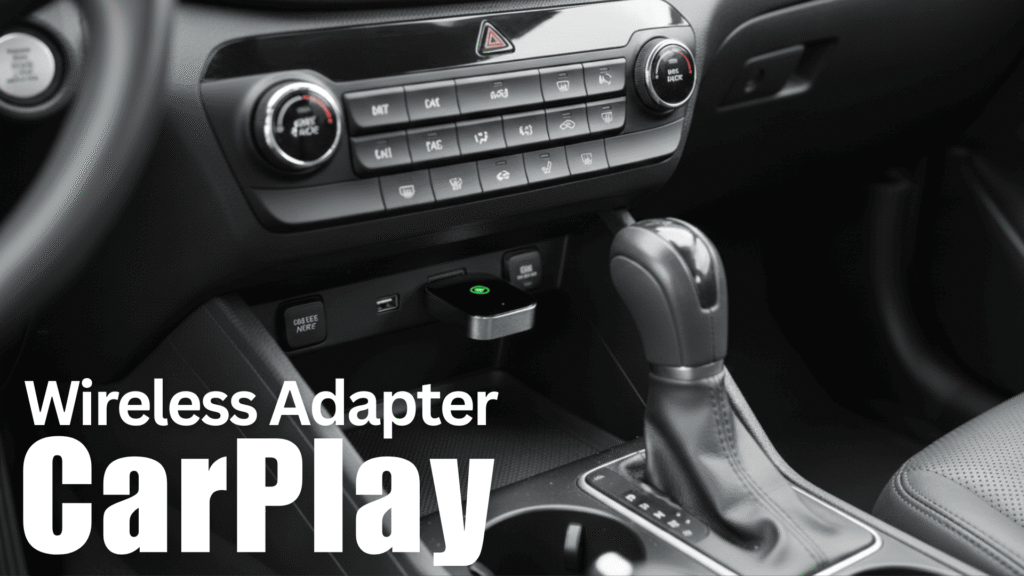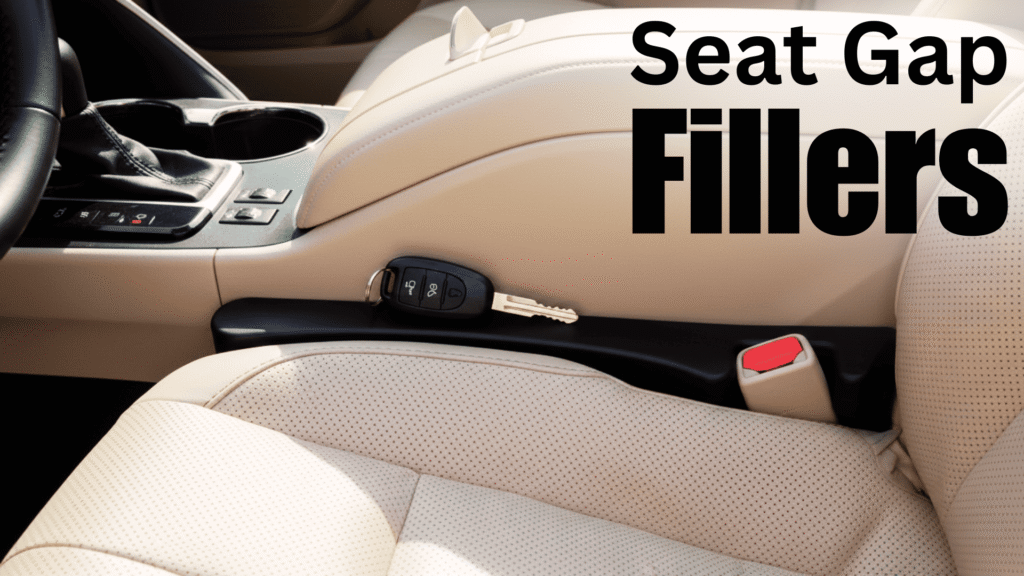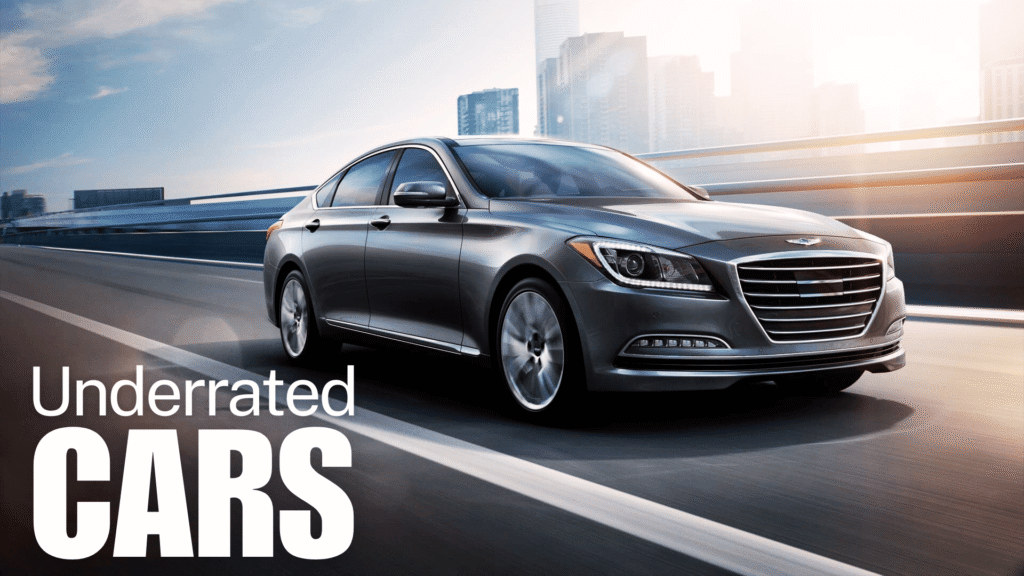Have you ever jumped into an older SUV that’s been around for years and feels just as solid as a new one while your newer model feels like it might struggle with a few bumps? That’s the kind of tough build I noticed in a Toyota Land Cruiser.
When you’re on the hunt for an SUV, how long it’ll stick around is super important for many buyers. A ride that’s built to last not only gives you peace of mind but can save you cash later.
So what makes certain SUVs hold up for so long? Let’s dig into what contributes to their durability and rank the best SUVs that last the longest based on what owners say, reliability surveys, and expert info from places like iSeeCars, Consumer Reports, and J.D. Power.
Top 10 Longest Lasting SUVs (Ranked by Longevity)
These SUVs have proven track records of surpassing 200,000+ miles, based on real-world owner reports, longevity ratings, and durability studies.
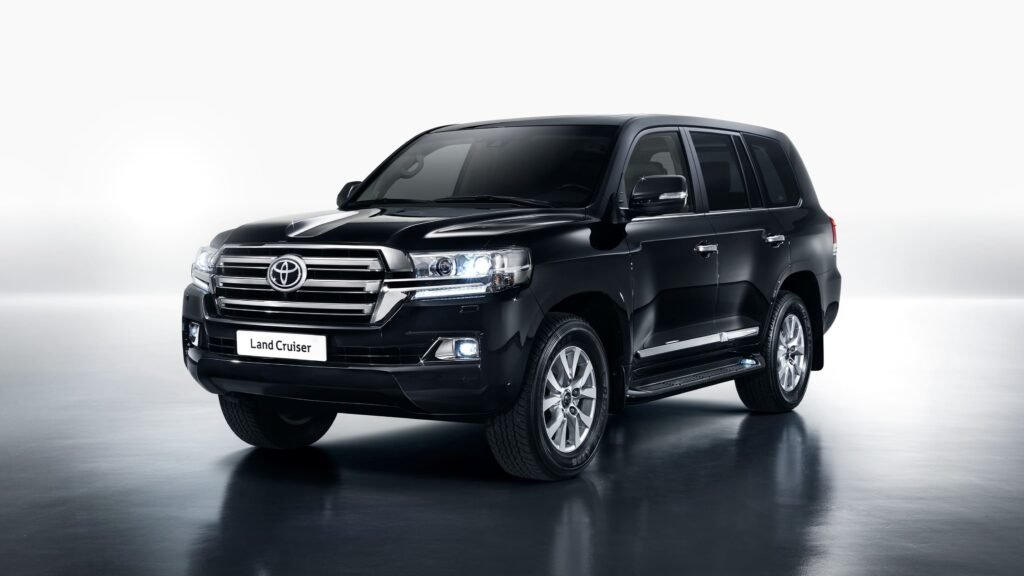
1. Toyota Land Cruiser
If you’ve been to places like the Middle East, Australia, or Africa, you probably know how famous the Toyota Land Cruiser is. Talk to the locals and you’ll get some cool stories about how this tough SUV has taken on rough roads and tough situations that other vehicles just couldn’t handle.
- Avg. Lifespan: 300,000+ miles
- Why It Lasts: Legendary V8 durability, body-on-frame design, and off-road toughness.
- Downside: Expensive upfront but holds value extremely well.

2. Toyota Sequoia
The Toyota Sequoia has a lot in common with the Land Cruiser but it’s made for a different group of people. It might not be built to last over 25 years or have the same tough suspension, but it still meets Toyota’s standard for reliability. You can count on it to give you a solid and hassle-free ride for many years to come.
- Avg. Lifespan: 280,000+ miles
- Why It Lasts: Shares platform with Land Cruiser, known for bulletproof reliability.
- Downside: Low MPG due to its large V8 engine.

3. Honda Pilot
The Honda Pilot is the biggest SUV from Honda, so you can count on getting their top-notch engineering and reliability in this ride. It might not be made for hardcore off-roading, but it does a great job on paved roads and easy trails. If you use it for regular stuff, you’ll probably be amazed at how well it stands the test of time.
- Avg. Lifespan: 250,000+ miles
- Why It Lasts: Simple naturally aspirated V6, excellent build quality.
- Downside: Older models had transmission issues, later generations fixed this.
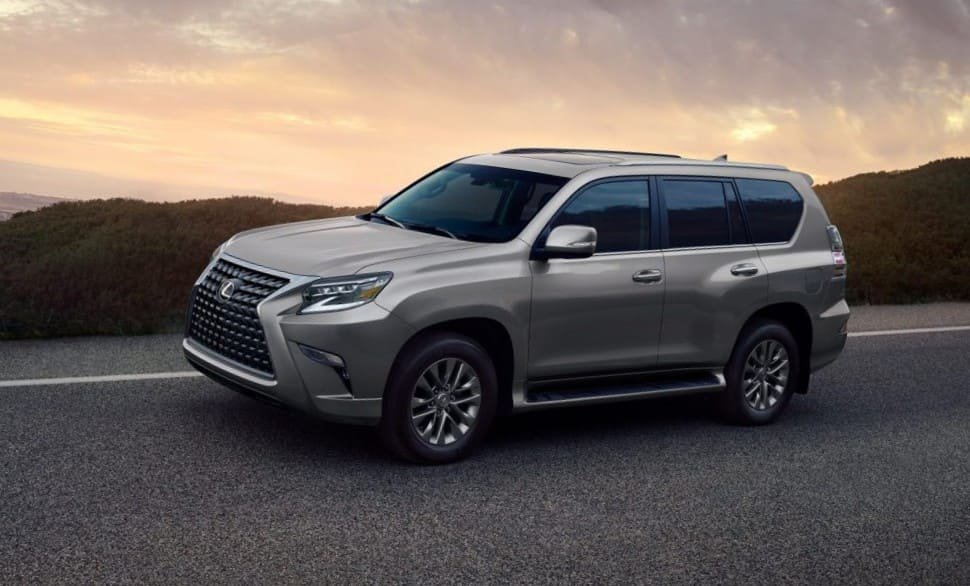
4. Lexus GX 460
The Lexus GX is like the fancy cousin of the Land Cruiser J150, which people also call the Prado, though you won’t find that one in the U.S. What sets the GX apart is its beefier V8 engine, something the Prado doesn’t have. The Prado is known for being super reliable and tough, and the GX carries that same solid Toyota build, making it a solid choice if you want an SUV that lasts.
- Avg. Lifespan: 250,000+ miles
- Why It Lasts: Shares a Land Cruiser-based platform, highly durable and luxury-grade build quality.
- Downside: Higher ownership cost due to premium brand status.
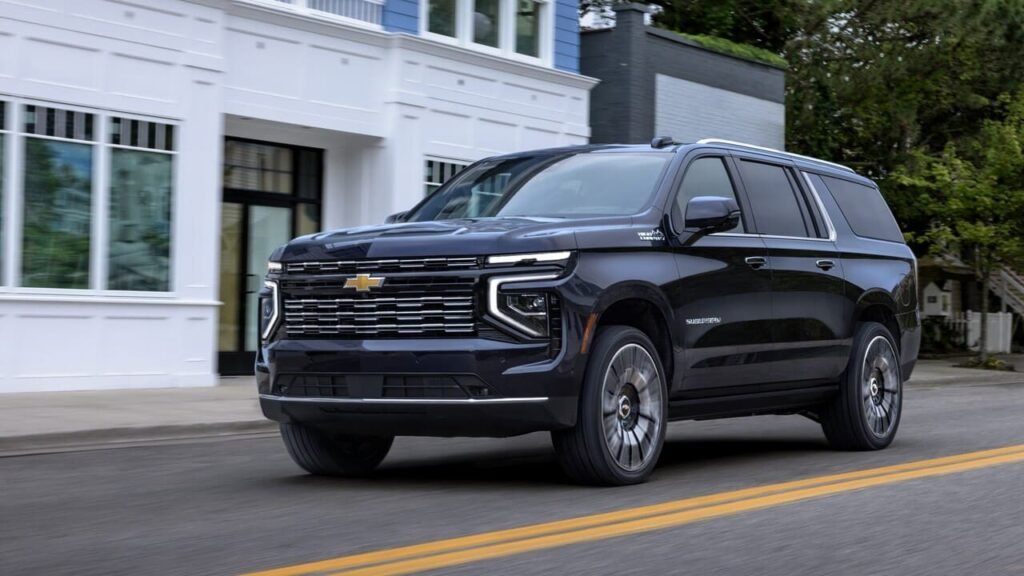
5. Chevrolet Suburban
The Chevrolet Suburban, which used to be called the GMC Suburban before it became the Yukon XL, is known as America’s first and favorite full-size SUV. Over the years, GM has packed it with tried-and-true drivetrains, which means it performs well and lasts a long time. It does have its problems, but with the right care, you can keep its parts running well for many miles.
- Avg. Lifespan: 230,000+ miles
- Why It Lasts: Proven 5.3L & 6.2L V8s, used in government fleets for decades.
- Downside: Higher repair costs due to suspension and transmission wear over time.
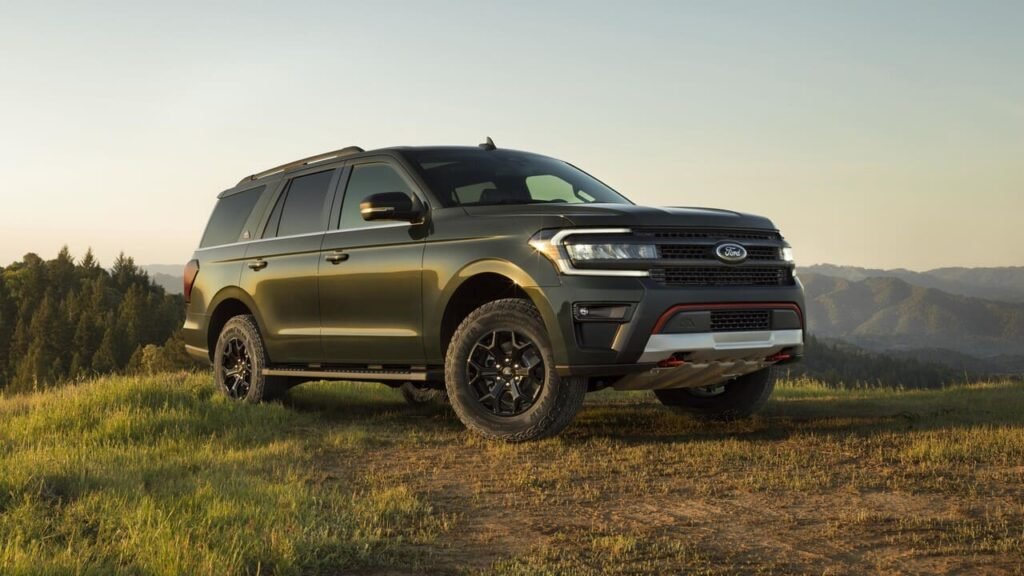
6. Ford Expedition
Ford might not be the first brand that pops into your head when you think about cars that last a long time, but don’t overlook the tough Crown Victoria. That ride ruled the streets for years as a go-to for taxis and police vehicles, and there’s a reason for that. Then you’ve got the famous F150, a full-size truck that has proven its worth over and over again. It shares a bunch of parts with the Expedition, so you can bet the mechanics in this car will stand the test of time. Just keep an eye out for the occasional electrical hiccup, especially in the fully-loaded versions.
- Avg. Lifespan: 225,000+ miles
- Why It Lasts: Modern EcoBoost V6, strong towing capability.
- Downside: Turbocharged engine may require more maintenance over time.
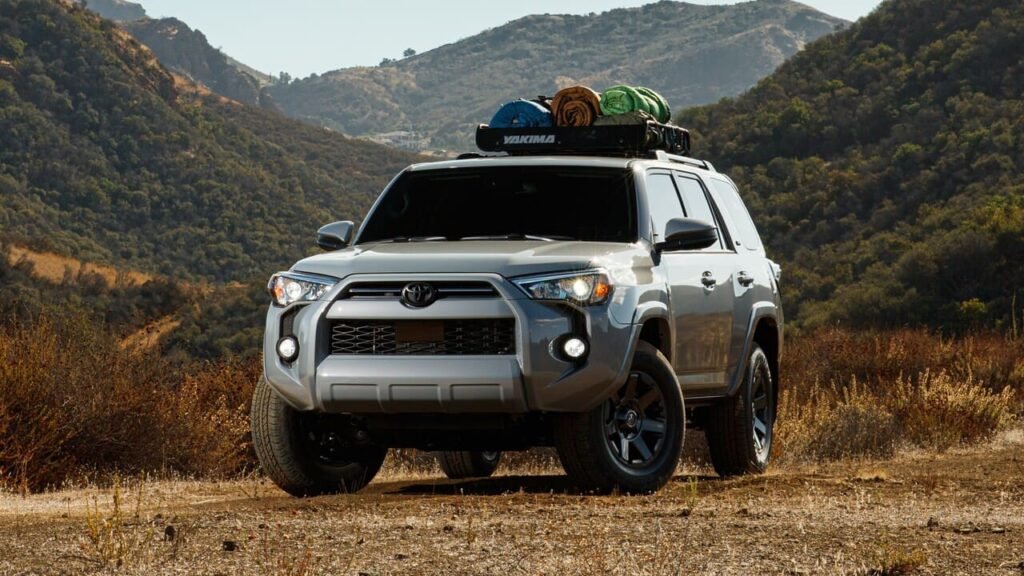
7. Toyota 4Runner
Here’s another Toyota that’s built on the tough Tacoma platform. These rides have solid mechanics and if you keep up with regular maintenance, you won’t run into many problems. Grab one of these gems and you can count on a smooth ride in your SUV. Plus, it’s a real hardcore four-wheel-drive beast that can take you just about anywhere.
- Avg. Lifespan: 220,000+ miles
- Why It Lasts: Simple, naturally aspirated V6, rugged off-road capability.
- Downside: Dated interior and not fuel-efficient.
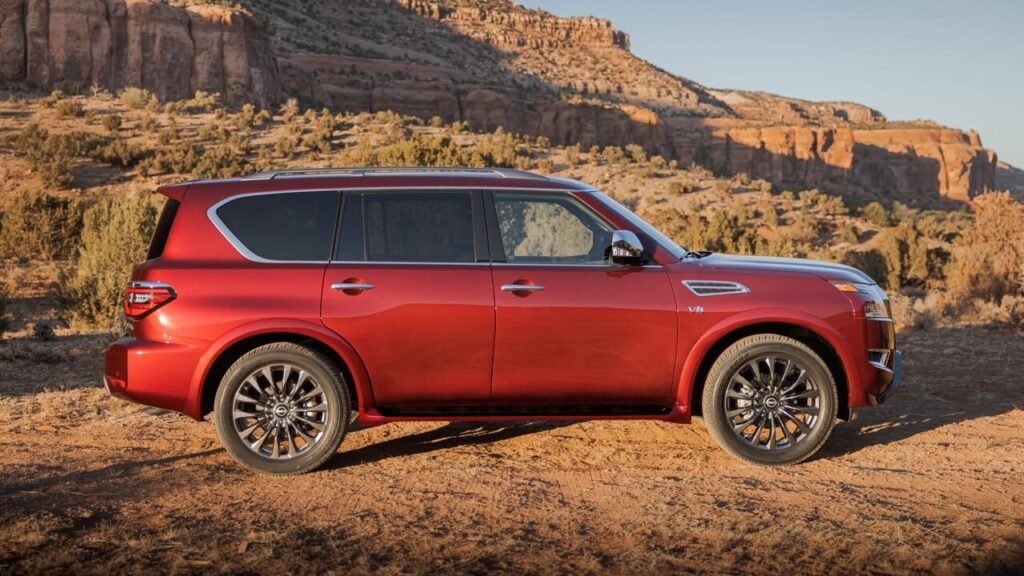
8. Nissan Armada
The Armada also known as the Patrol is a solid 4×4 SUV that operates well on many terrains like the Middle East, Africa, Australia, and Russia. It’s built with reliable drivetrain and mechanical parts that have stood the test of time. This SUV gives you plenty of space and power and is known to last really well over the years.
- Avg. Lifespan: 215,000+ miles
- Why It Lasts: Enduring 5.6L V8, similar to Titan truck.
- Downside: Lower resale value compared to Toyota/Lexus rivals.
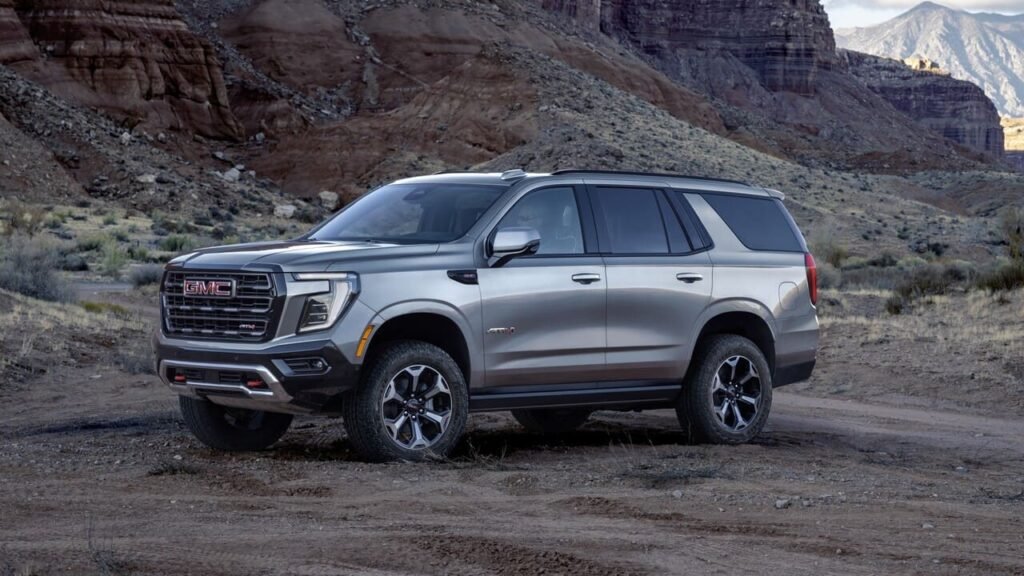
9. GMC Yukon XL
The Yukon XL is essentially Suburban’s sister with few exterior styling differences and a little upscale interior though not as upscale as that of a Cadillac Escalade -this is just again the typical question of GMC vs Cadillac one- So basically if you want to feel a bit more special than the average Chevrolet Suburban’s driver and have a little more features than him but don’t want to pay the price of a Cadillac Escalade and don’t need the kind of luxury it provides, then this one is for you.
- Avg. Lifespan: 210,000+ miles
- Why It Lasts: Shares architecture with Suburban, reliable V8 power.
- Downside: Expensive repairs on air suspension-equipped models.
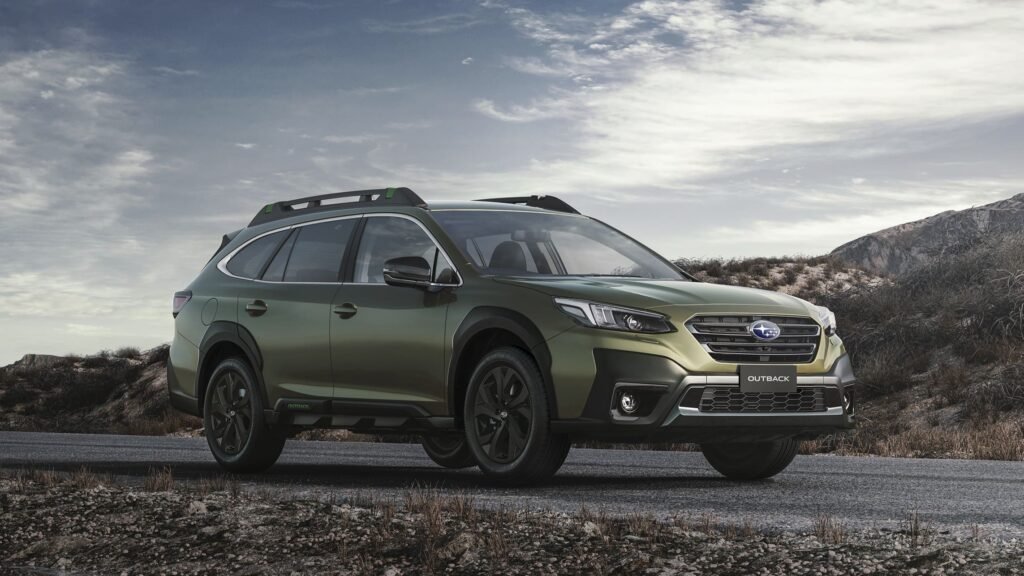
10. Subaru Outback (Honorable Mention)
- Avg. Lifespan: 200,000+ miles
- Why It Lasts: AWD system designed for longevity, low maintenance costs.
- Downside: CVT transmission not as durable as traditional automatics.
Why Longevity Matters in an SUV
When buying an SUV, reliability and longevity should be top priorities. An SUV that lasts 15+ years offers major benefits:
- Better Resale Value – Long-lasting models retain their worth longer.
- Lower Ownership Costs – Fewer major repairs mean more money in your pocket.
- More Dependable for Road Trips & Family Use – Reliable SUVs minimize breakdown risks on long journeys.
- Stronger Return on Investment – If you keep a car for over 10 years, the value of a durable SUV becomes undeniable.
With these benefits in mind, let’s break down what separates long-lasting SUVs from the rest.
What Makes an SUV Last 200,000+ Miles?
An SUV that surpasses 200,000 miles is built on proven engineering, durable materials, and time-tested designs that prioritize longevity over fleeting trends. Here are the key factors contributing to longevity:
1. Proven Engine & Transmission
- SUVs equipped with naturally aspirated V6 or V8 engines with modest compression ratios and designed to run on regular gasoline tend to outlast turbocharged four-cylinders with higher compression demands that require premium fuel.
- Traditional automatic transmissions with fewer moving parts and hydraulic torque converters (like Toyota’s 6-speed auto) are more durable than complex CVTs or dual-clutch systems.
2. Simplicity in Design
- Vehicles with fewer electronic sensors, motorized actuators, and software-dependent systems that can fail over time often last longer than those loaded with complex high-tech electronics.
- Body-on-frame construction, solid rear axles, reinforced steel subframes, and serviceable suspension components (vs. unibody) provide superior durability as well over modern lightweight designs that sacrifice strength for efficiency.
3. Manufacturer Reputation for Reliability
- Brands like Toyota, Lexus, and Honda make SUVs that have fewer fragile components and come with strong, easy-to-service components. This means they can go over 300,000 miles without many issues.
- These vehicles stick to a straightforward “stick to the book” design, which helps keep things simple. They focus on mechanical resilience, structural integrity, and ease of maintenance instead of just trying to be efficient for a quick fix.
4. Routine Maintenance & Owner Care
- Regular oil changes, transmission flushes, and brake fluid replacements significantly extend vehicle life.
- Avoiding excessive towing loads or off-road abuse helps keep engines and transmissions running longer.
All these factors help such SUVs handle tough roads, potholes, and off-road adventures for a really long time.
Key Maintenance Tips to Extend Your SUV’s Life
No SUV lasts forever without proper care. Here are expert-backed maintenance tips to reach 200,000+ miles:
- Follow Factory Service Intervals – Never skip scheduled maintenance.
- Change Fluids Regularly – Transmission fluid, differential oil, and coolant extend component lifespan.
- Use High-Quality Fuel & Oil – Prevents carbon buildup and extends engine life.
- Inspect Suspension & Brakes – Heavier SUVs wear out shocks, struts, and brake pads faster.
- Avoid Aggressive Driving – Hard acceleration and braking wear out engines, transmissions, and suspension components prematurely.
Final Thoughts: Choosing the Right SUV for Maximum Lifespan
If you want an SUV that will last decades, stick with models known for:
- Proven, naturally aspirated engines
- Strong, body-on-frame construction
- Minimal electronic complexity
- Reliable transmissions with solid maintenance history
The Toyota Land Cruiser is still the top pick when it comes to longevity, but you can also count on rides like the Honda Pilot and Ford Expedition for decent long-term reliability without breaking the bank. Just keep in mind that no matter which of these SUVs you go with, keeping up with regular maintenance is the secret to hitting 200,000+ miles.
If you found this post helpful, you might also enjoy our article, “Which is the Safest Midsize SUV? 2025’s Best Picks.“
Be sure to explore more of our site for detailed car reviews, expert buying guides, and the latest industry insights. We’ve got plenty of content to keep you informed, so take a look around—and don’t forget to bookmark us for future updates!
- Best Car Interior Cleaning Kits: Make Your Cabin Look New
- Which XV70 Camry Year Should You Buy? A Tested Guide
- Magnetic Phone Mounts & Mounts for Thick Cases: That Actually Work!
- Best Wireless CarPlay Adapters for Older Cars
- Best Seat Gap Fillers for Leather Seats
- The Most Underrated Cars — Hidden Gems You Should Actually Consider
*Disclaimer: This website provides automotive content for informational purposes only and should not be considered professional advice. While we strive for accuracy, we do not guarantee the reliability or suitability of any vehicle or product mentioned—always conduct your own research before making purchasing decisions. Additionally, some links on this site are affiliate links, meaning we may earn a commission if you make a purchase, at no extra cost to you.



